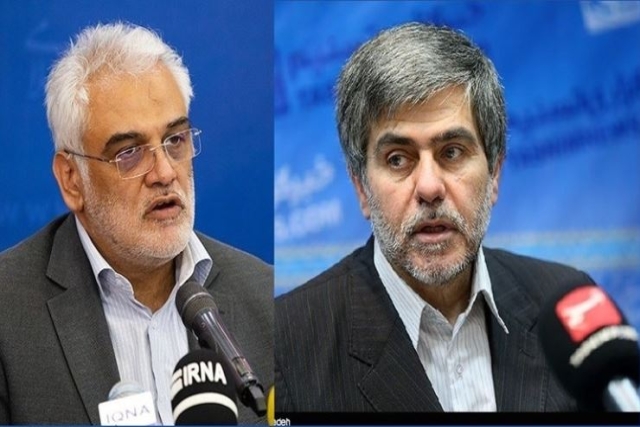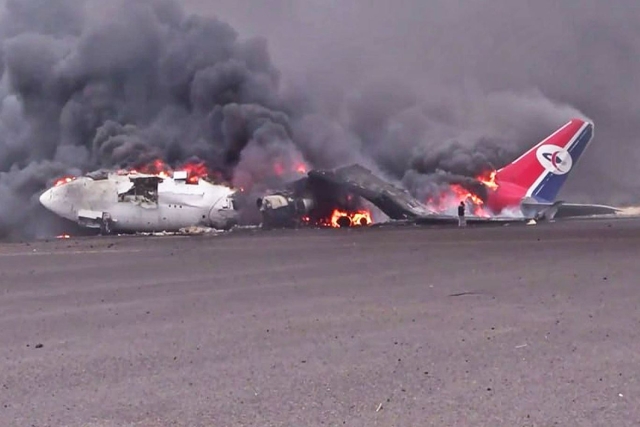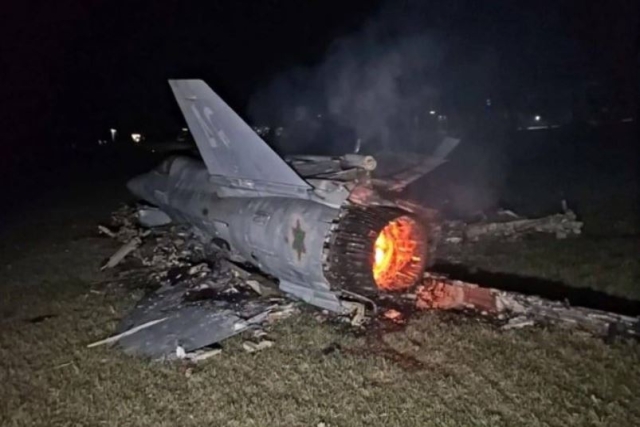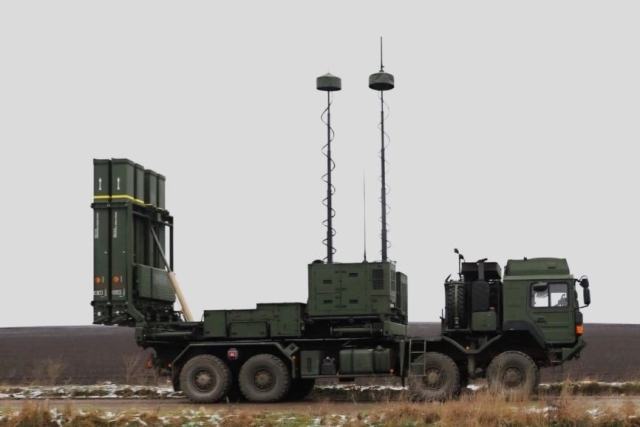Iran Strikes Tel Aviv in Missile Barrage After Israeli Assault Kills Top IRGC Leaders
Operation True Promise III targets Israeli airbases after killing of Hossein Salami as regional tensions spiral

Iran launched a wide-ranging missile attack on Israel late Friday in response to Israeli airstrikes that killed senior Iranian military officials, including Islamic Revolutionary Guard Corps (IRGC) commander Hossein Salami.
The IRGC said its retaliatory strike, named Operation True Promise III, was aimed at Israeli airbases and military-industrial facilities involved in earlier attacks on Iranian territory. Missiles struck targets in Tel Aviv and other parts of central Israel, marking a sharp escalation in a growing conflict between the two regional powers.
A statement from the IRGC described the barrage as “a decisive response to the bloodshed of our nation,” adding that the missile and drone units had used “precision-guided and smart missile systems” to hit “military centers, airbases, and arms production sites within occupied Palestine.”
According to Iranian state media, “dozens of ballistic missiles” reached Israeli territory despite what it called “claims of interception.” Independent and unconfirmed reports on social media suggested at least five ballistic missiles breached Israel’s multi-layered air defense system.
Israel’s military acknowledged that around 100 surface-to-surface missiles were fired in two waves. It claimed most were intercepted but confirmed multiple injuries in Tel Aviv. Israeli Defense Minister Yoav Gallant said Iran had “crossed a red line” by directly targeting populated areas.
The Iranian response follows a major Israeli offensive launched early Friday that targeted Iran’s nuclear and military infrastructure. Israeli jets struck multiple locations, including the Fordow uranium enrichment facility.
The strikes killed 78 people, including IRGC chief Hossein Salami, Armed Forces Chief of Staff Mohammad Bagheri, and several prominent nuclear scientists.
Iran’s Supreme Leader Ayatollah Ali Khamenei had warned that Israel “should expect severe punishment,” after which Operation True Promise III was launched on his directive.
IRGC said the operation was coordinated across all branches of Iran’s armed forces and was designed to “demonstrate both power and offensive capability.”
Netanyahu Vows to Continue Campaign
Israeli Prime Minister Benjamin Netanyahu said military operations against Iran would continue “as many days as it takes,” reportedly planning at least two weeks of airstrikes.
Officials in Israel claimed Iran was “days away” from having enough enriched uranium for multiple nuclear weapons. Iran, meanwhile, maintains its nuclear program is for peaceful purposes.
The Israeli campaign has targeted what Netanyahu has called the Iranian “octopus”—a network of allied groups including Hamas, Hezbollah, and the Houthis.
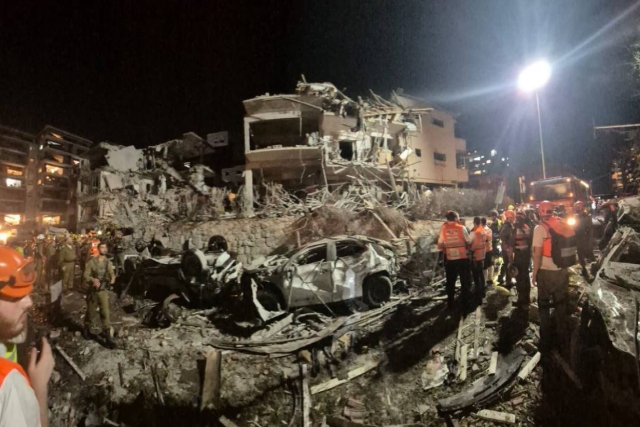
Trump Responds
Former U.S. President Donald Trump said he was aware of Israel’s intentions beforehand but distanced himself from the attacks. In a statement, Trump said:
“I told Iran it would be much worse than anything they know... Certain Iranian hardliners spoke bravely, but they didn’t know what was about to happen. They are all DEAD now.”
Trump emphasized that Iran must return to negotiations “before there is nothing left.”
U.S. Stance and Nuclear Talks Collapse
The attacks come amid the collapse of nuclear talks between Iran and the United States. The next round, scheduled for Sunday in Oman, has been canceled.
Trump had previously tried to revive a nuclear deal similar to the Obama-era Joint Comprehensive Plan of Action (JCPOA), from which he withdrew in 2018.
Washington has so far refrained from direct involvement in the current conflict.
Risk of Wider War
Analysts warn that the situation could trigger a broader regional conflict. Iran retains the capability to target U.S. and Israeli assets across the Middle East and could disrupt oil shipments by closing the Strait of Hormuz.
Iran’s strategic ties with Russia and China further complicate the global response.
No Israeli Fighter Jets Lost?
The Israel Defense Forces (IDF) denied Iranian reports claiming it had lost fighter jets and pilots. “Fake Iranian media,” said IDF Arabic spokesperson Col. Avichay Adraee.
